You may feel like you are at capacity, but much of what occupies your time is filler. It is unnecessary, it may not be worth the time, or it may fall outside your authority or expertise.
This filler work is not your job, but you do it anyway. You accumulated it because it feels better to chase shiny objects than to subject each one to critique.


